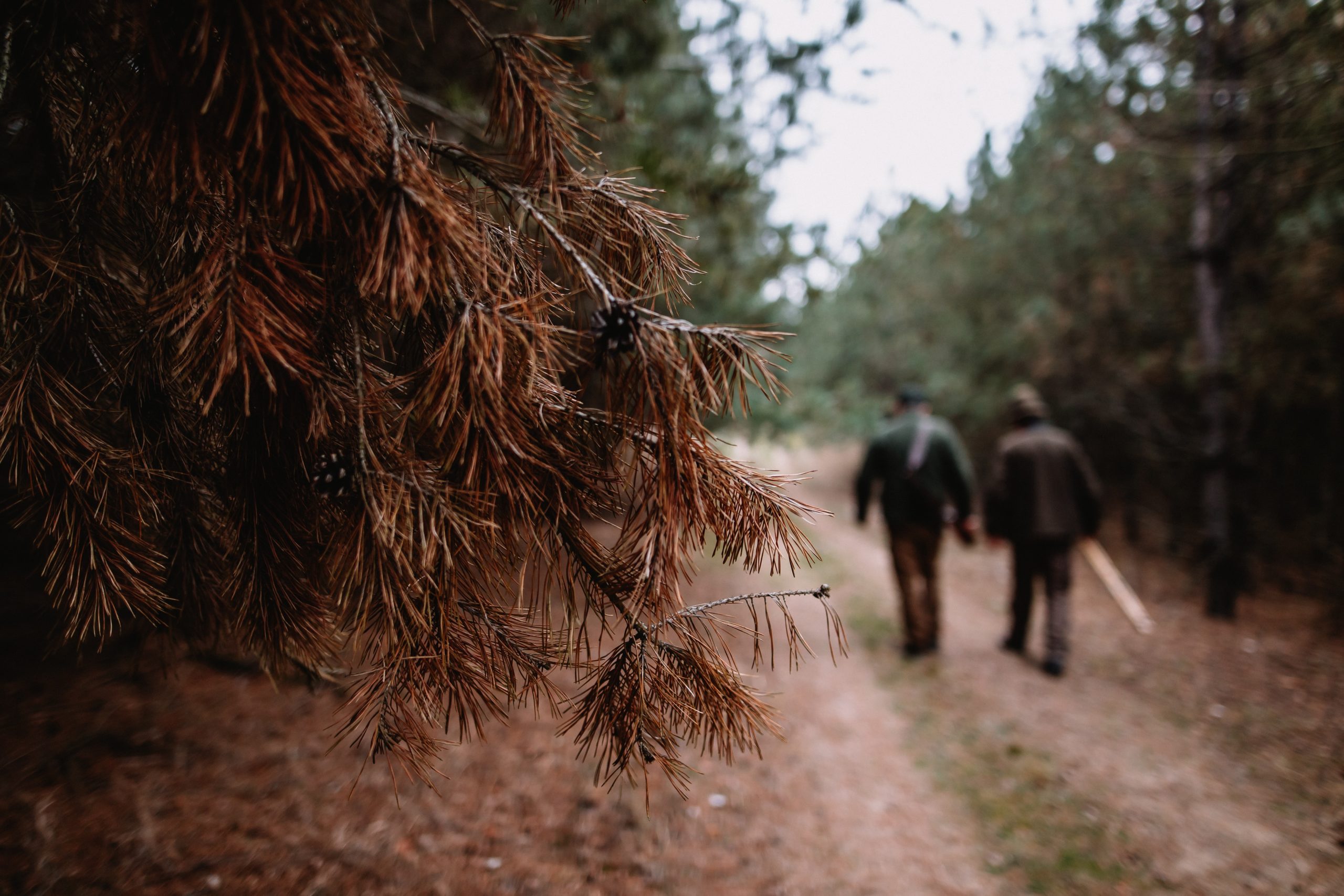June 6, 2022
Hunter vs. landowner: National Ag Law Center webinar focuses on who is responsible for injury or damage occurring on leased land
By Will Clark
U of A System Division of Agriculture
Fast facts:
- Webinar will focus on practical issues of drafting land leases
- Hourlong webinar June 15 at noon EDT, 11 a.m. CDT, 10 a.m. MDT, 9 a.m. PDT.
- Register online: https://bit.ly/3PNVKSu.
(307 words)
Related PHOTO: https://bit.ly/3wPIkwC
FAYETTEVILLE, Ark. — A New Hampshire hunter who was seriously injured when a tree stand collapsed in 2009 sued the landowner. The hunter dropped the suit when he learned another party owned the tree stand, but how do you determine who is liable for injuries or other legal issues on leased land?

The National Agricultural Law Center will host a webinar focusing on the legal risks and other practical issues of land leases on June 15 at 11 a.m. CDT.
Rusty Rumley, senior staff attorney at NALC, will be the webinar presenter. Rumley’s areas of expertise focus on land use, including landowner liability, leasing and agritourism.
“It is important for all parties to realize that leases for hunting are different from a typical agricultural lease,” Rumley said. “It is essential to consider issues such as liability and managing shared access to the property.”
Potentially expensive disputes between landowners and lessees illustrate the risks of leasing land without fully considering the terms of the agreement, Rumley said. Other issues for landowners to consider include insurance, the number of people granted access to the property and restrictions on certain hunting or other land-use practices.
“According to the U.S. Fish & Wildlife Service, during COVID there were almost 3 million new hunting licenses, tags, permits, and stamps issued. With the influx of newly licensed hunters, it is essential that both parties know the legal risks of leasing land,” Rumley said.
Harrison Pittman, director of the National Agricultural Law Center, said, “In Arkansas alone, almost 90 percent of land is privately owned. Demand to hunt that privately owned land is high and knowing how leases work will set landowners and hunters up for successful seasons.”
Learn more and register for the webinar here: https://bit.ly/3PNVKSu.
For information about the National Agricultural Law Center, visit https://nationalaglawcenter.org/ or follow @Nataglaw on Twitter.
About the National Agricultural Law Center
The National Agricultural Law Center serves as the nation’s leading source of agricultural and food law research and information. The Center works with producers, state and federal policymakers, Congressional staffers, attorneys, land grant universities, and many others to provide objective, nonpartisan agricultural and food law research and information to the nation’s agricultural community.
The Center is a unit of the University of Arkansas System Division of Agriculture and works in close partnership with the USDA Agricultural Research Service, National Agricultural Library.
About the Division of Agriculture
The University of Arkansas System Division of Agriculture’s mission is to strengthen agriculture, communities, and families by connecting trusted research to the adoption of best practices. Through the Agricultural Experiment Station and the Cooperative Extension Service, the Division of Agriculture conducts research and extension work within the nation’s historic land grant education system.
The Division of Agriculture is one of 20 entities within the University of Arkansas System. It has offices in all 75 counties in Arkansas and faculty on five system campuses.
The University of Arkansas System Division of Agriculture is an equal opportunity institution. If you require a reasonable accommodation to participate or need materials in another format, please contact 479-575-4607 as soon as possible. Dial 711 for Arkansas Relay.
###
Media Contact: Rusty Rumley, rrumley@uark.edu, (479) 575, 7646